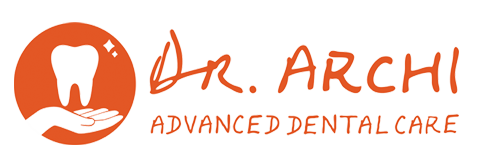About Headaches Jaw Pain Ear Pain Relief
What causes TMJ dysfunction?
Factors that may increase the risk of developing TMJ disorders include Various types of arthritis, such as rheumatoid arthritis and osteoarthritis. Jaw injury. Long-term (chronic) grinding or clenching of teeth.
The temporomandibular joint (TMJ) acts like a sliding hinge, connecting your jawbone to your skull. You have one joint on each side of your jaw. TMJ disorders — a type of temporomandibular disorder or TMD — can cause pain in your jaw joint and in the muscles that control jaw movement.
Facial pain is common and often the result of headaches and injuries. However, other causes of facial pain include nerve conditions, jaw and dental problems, and infections.
What is facial pain a symptom of?
Facial pain may often relate to headaches and injuries. However, other causes include dental problems, infections, and nerve disorders.
The compression of the trigeminal nerve is usually caused by a nearby blood vessel pressing on part of the nerve inside the skull.
Jaw Pain
Jaw pain, which sometimes radiates to other areas of the face, is a common concern. It can develop due to sinus infections, toothaches, issues with the blood vessels or nerves, or other conditions.
Jaw pain can be a debilitating condition that affects your ability to eat and speak. Many things can cause jaw pain, from your sinuses and ears to your teeth or jaw itself. This means it can be difficult to tell if your jaw pain is because of a jaw issue or something else.
